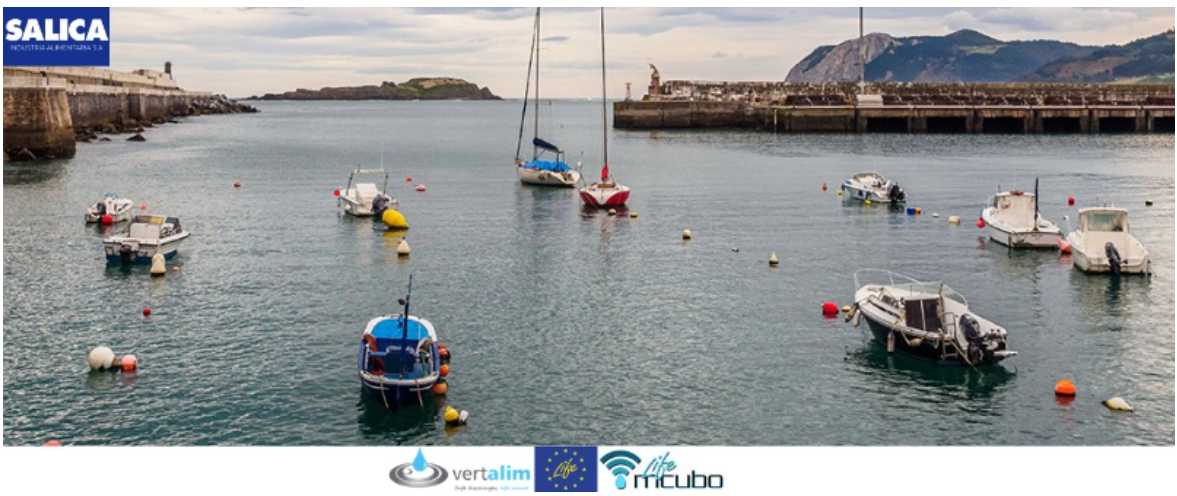Within the framework of the LIFE VERTALIM project, various actions have been carried out to raise awareness and transfer knowledge, with the aim of improving the efficiency of production processes in the food industry, for which it is vital to know water consumption, generation of discharges and inefficient points.
Given the problems related to climate change and the depletion of natural resources, food industry is a target because it is a major consumer of water for ensuring hygienic requirements. So that, it is essential to optimize the processes in order to make the water saving, which in turn leads to considerable economic savings. LIFE MCUBO and VERTALIM join forces in a joint initiative to address the sustainable management of a limited resource such as water.
SALICA is a Biscayan company with extensive experience in the production of canned and frozen foods, has not hesitated to join the initiative. Its business strategy prioritizes the impact of its production on the environment.
SALICA arose in 1990 from the union of two canneries with the ambition of creating a new, more modern and competitive production plant. Today, it has three plants (Bermeo, Galicia and Ecuador) and is highly aware of sustainability, being a member of the alliance International Seafood Sustainability Foundation (ISSF).
Within the collaboration activities between two projects of the European LIFE programme, the MCUBO and VERTALIM projects, the monitoring of production processes has been carried out, as well as the study of the controlled integration of discharges into the urban sanitation system. This production processes diagnosis was carried out at their Bermeo plant, which allowed them to identify the highest points of water and energy consumption and their behaviour, as well as to assess their reduction and implement the proposed improvements with a view to increasing their competitiveness and energy efficiency.

